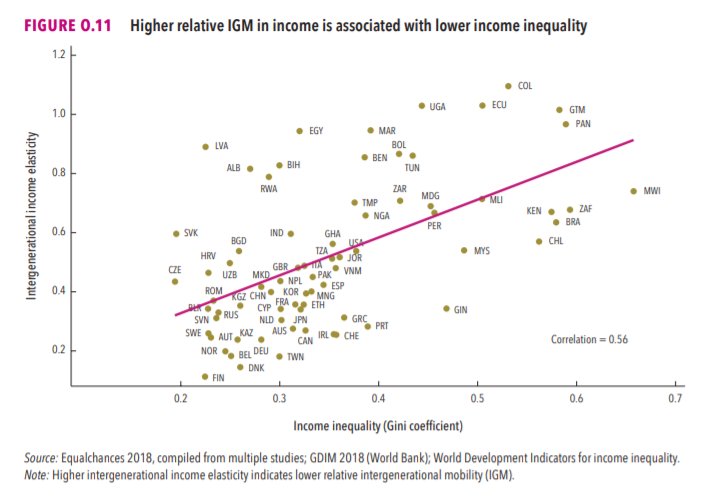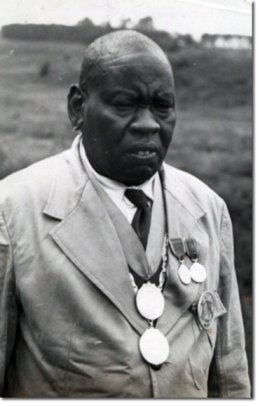Self-compassion: Being kind to yourself in the midst of struggle; creating space to hold softly what you are feeling.
Something I see all the time in my research and writing and talk about frequently in my coaching practice is the need to marry fierce self-discipline with fierce self-compassion.
On sustainable success, peak performance, and career advice.
THREAD 👇👇
Self-compassion: Being kind to yourself in the midst of struggle; creating space to hold softly what you are feeling.
Self-discipline is your fuel as you move forward on your respective path. Self-compassion is your guard-rail: it keeps you on course when you go astray.
Why? Simple.
If when you fail you are judgmental and beat yourself up all you are doing is wasting energy. If you are kind to yourself, you can simply get up, adjust, and go again.
If you cultivate strong self-compassion you can take risks and fail and go to hard places knowing you can hold it all and still be okay.
It doesn't make hard things less hard; it makes you more able to handle them. (See work: @DennisTirchPhD)
Notice when you are being harsh on yourself. How does it make you feel? What would it look like to change that self-talk?
This isn't about brushing off every misstep. It's about not wasting energy beating yourself up.
We tend to be much kinder—and equally important, much wiser—when we are looking out for our friends than when we are looking out for ourselves.
A mantra I use all the time, with myself and my coaching clients. It snaps you out of your head and puts you back into the present moment. Also, if it's not true, you realize that immediately and make it true.
More from Writing
I can second this observation through personal experience. I was only able to start writing because "it's just dumb weeb fanfiction quests, who cares." 100,000 pages of dumb weeb fanfic later, and I actually got better... but only because I was trying my best with every page.
"It's dumb weeb fanfiction" gave me permission to be bad, to vomit things onto the page that I knew fell far short of what I wanted it to be. To just write and write instead of laboring over six paragraphs for weeks like I'd always done before.
But I still *wanted* to be good.
Writing is HARD. And unfortunately, most people don't appreciate just how hard writing (or communication in general) is, and that cultural attitude infects writers, too.
You must give yourself permission to be bad. And realize that all writing is practice.
IT. COUNTS.
And as the folks in my mentions are pointing
... it's an excellent way to find out what actually resonates with other people - putting work out there. Even your early bad stuff you'll cringe at later.
What resonates is NOT easy to tell, because we all, inherently cringe at ourselves, a lot.
I think the mistake a lot of people make is that they write to make a good work instead of writing to make themselves a better writer (who will eventually be able to make good works). The second promotes training and builds humility while the first is just narcissism.
— Dan Kim (@CloneManga) October 31, 2020
"It's dumb weeb fanfiction" gave me permission to be bad, to vomit things onto the page that I knew fell far short of what I wanted it to be. To just write and write instead of laboring over six paragraphs for weeks like I'd always done before.
But I still *wanted* to be good.
Writing is HARD. And unfortunately, most people don't appreciate just how hard writing (or communication in general) is, and that cultural attitude infects writers, too.
You must give yourself permission to be bad. And realize that all writing is practice.
IT. COUNTS.
And as the folks in my mentions are pointing
It gave us hellcow, so it clearly worked
— Argatson (@warhammer651) October 31, 2020
... it's an excellent way to find out what actually resonates with other people - putting work out there. Even your early bad stuff you'll cringe at later.
What resonates is NOT easy to tell, because we all, inherently cringe at ourselves, a lot.
\u201cDumb weeb X\u201d is a concept with a lot of power.
— J (@Becquerl1) October 31, 2020
You May Also Like
1/OK, data mystery time.
This New York Times feature shows China with a Gini Index of less than 30, which would make it more equal than Canada, France, or the Netherlands. https://t.co/g3Sv6DZTDE
That's weird. Income inequality in China is legendary.
Let's check this number.
2/The New York Times cites the World Bank's recent report, "Fair Progress? Economic Mobility across Generations Around the World".
The report is available here:
3/The World Bank report has a graph in which it appears to show the same value for China's Gini - under 0.3.
The graph cites the World Development Indicators as its source for the income inequality data.

4/The World Development Indicators are available at the World Bank's website.
Here's the Gini index: https://t.co/MvylQzpX6A
It looks as if the latest estimate for China's Gini is 42.2.
That estimate is from 2012.
5/A Gini of 42.2 would put China in the same neighborhood as the U.S., whose Gini was estimated at 41 in 2013.
I can't find the <30 number anywhere. The only other estimate in the tables for China is from 2008, when it was estimated at 42.8.
This New York Times feature shows China with a Gini Index of less than 30, which would make it more equal than Canada, France, or the Netherlands. https://t.co/g3Sv6DZTDE
That's weird. Income inequality in China is legendary.
Let's check this number.
2/The New York Times cites the World Bank's recent report, "Fair Progress? Economic Mobility across Generations Around the World".
The report is available here:
3/The World Bank report has a graph in which it appears to show the same value for China's Gini - under 0.3.
The graph cites the World Development Indicators as its source for the income inequality data.

4/The World Development Indicators are available at the World Bank's website.
Here's the Gini index: https://t.co/MvylQzpX6A
It looks as if the latest estimate for China's Gini is 42.2.
That estimate is from 2012.
5/A Gini of 42.2 would put China in the same neighborhood as the U.S., whose Gini was estimated at 41 in 2013.
I can't find the <30 number anywhere. The only other estimate in the tables for China is from 2008, when it was estimated at 42.8.















